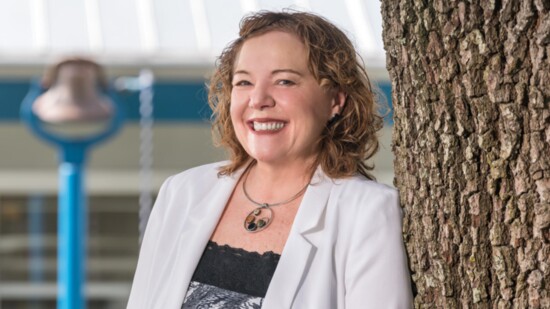We all know children and teens need a lot of sleep. It is recommended that toddlers and preschoolers get 10 -14 hours, 9-11 for school-aged, and 8-10 for teens. Sleep can directly impact your child’s behavior as well as their ability to self-regulate including emotional and intellectual function. Insufficient
sleep can even present as ADHD.
Knowing this is all well and good but creating a healthy sleep routine can be challenging. Some of the ways parents can help their children spend more time in bed is to create time for them to wind down and create an order of activities that can be repeated every night. Some of the helpful activities include listening to music, reading or looking at picture books for young children. Some practices to avoid include exercise or caffeinated beverages too close to bedtime and keeping electronic devices off for a
period before going to bed. It has been proven that the light from screens will block the production of melatonin.
Also, when it comes to bed sharing with parents. It is important that children can fall asleep on their own and self soothe when waking during the night and then be able to fall back asleep on their own, so it, too, is not recommended.
Creating a healthy sleep routine takes effort. It is often helpful to understand the science behind sleep and brain development. The National Institutes of Health (NIH) has conducted longitudinal studies on this. After a two-year study there were differences in brain structure and function in the insufficient sleep group compared to the group that received sufficient sleep. Their findings connect sleep, and its effects on behavior and learning on how sleep changes the brain.
For more information: ABCD Study (https://abcdstudy.org/)
